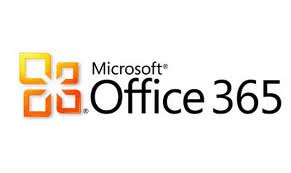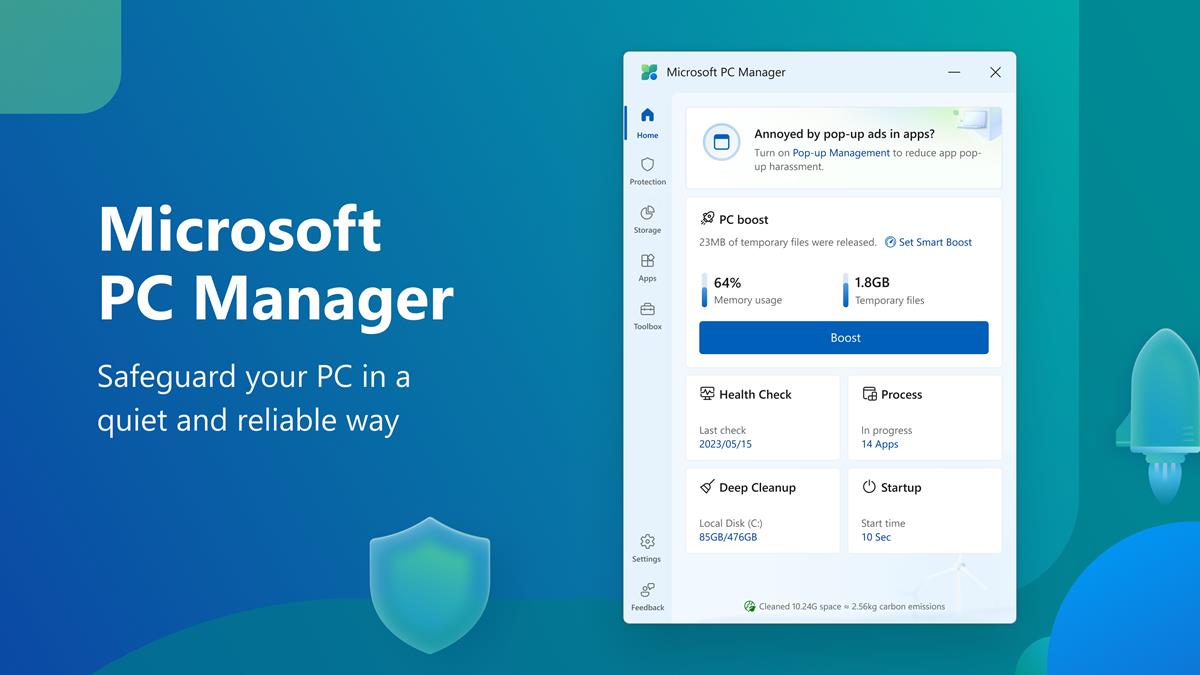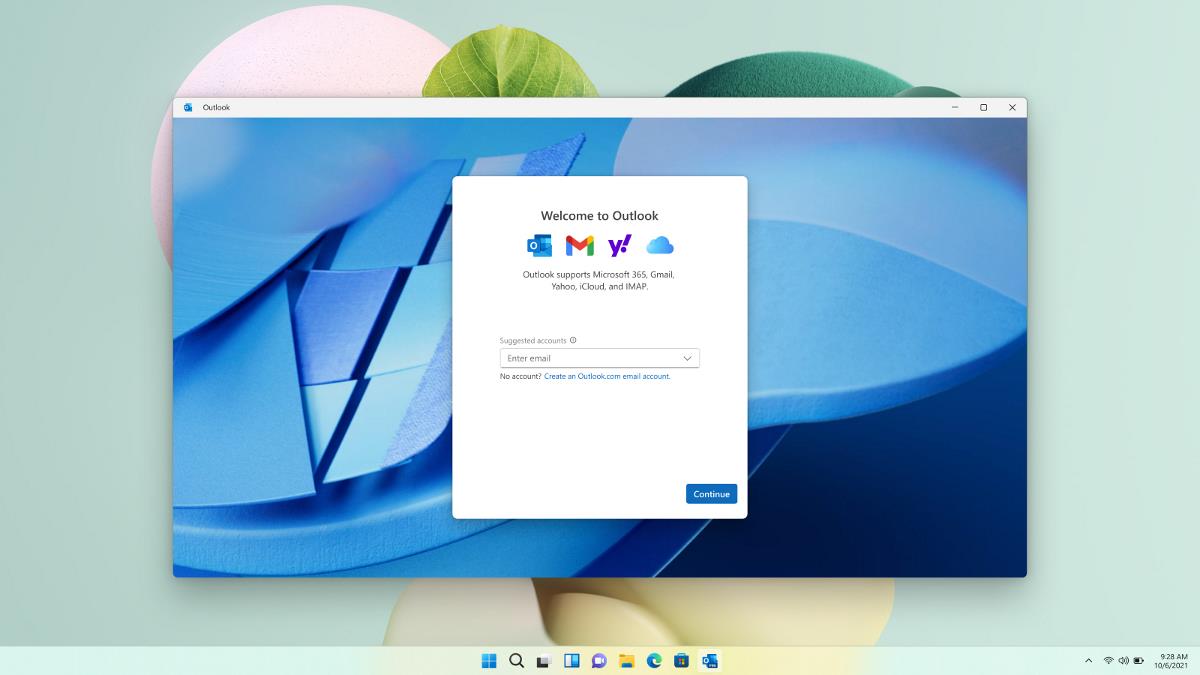Does a Hidden Office 365 Clause Prevent Spam or Hamper Business?

Spam is a thorny issue, but Ed Bott has written today about a little known clause in the contracts for Microsoft Office 365 customers that could give them serious cause for concern. The clause deals with how many recipients can be sent emails each day from an Office 365 account.
Small business accounts are limited to 500 recipients per 24 hours and enterprise accounts are limited to 1500. Office 365 technical support was unable to tell me when the limitation is reset… They also said it is very difficult to upgrade from a small business to enterprise Office 365 account. I would need to create a whole new account and migrate the domain and users, so that is not an option.
I'm just finishing writing a book about Office 365 for small businesses so this caught my eye. It's very interesting when you consider that a business using Office 365 could be, practically, any size at all. If you have fifty people working at a company then each of them will only be able to send emails to 10 people every day.
Ed very sensibly points out...
It’s not hard to imagine scenarios in which a small business can bump up against that number. In this case, the new CEO had sent a getting-acquainted message to 400 of the company’s customers and prospects. But it could easily happen to any small business. Imagine if your little company rolls out a new product that gets a mention on the Today Show or a high-profile web site like ZDNet. You could easily have 500 messages in your inbox when you get to work in the morning. If you try to respond to every one, even with a form response, you’ll hit that 500-recipient lockout before your first coffee break.
I cna only imagine, though there is little evidence of this, that this clause could exist to prevent Office 365 Exchange accounts being used for spam. It could also exist though to ensure that Microsoft's servers, from where Office 365 is hosted and run, don't get swamped.
Ed contacted Microsoft who said...
In the world of email, one of the thresholds that must be enforced is the amount of email that is sent through the system by any one user or organization in order to combat spam, mass-mailing worms & viruses. To ensure that all users experience the level of performance, email delivery expediency and client connectivity behavior that they expect, we must determine what usage typifies behavior of a spammer, for example, and put controls in place to prevent such inappropriate use. We ask customers with legitimate needs for a service that exceeds these thresholds or must go beyond these limitations to contact support so that we can best meet their specific needs.
It's crystal clear though that these limits are far too low for the average business. It would prevent product launches as Ed says, or bring an entire office to a grinding halt before lunchtime on a busy day. This could, and probably will leave many customers twiddling their thumbs while they wait, probably in vein, for Microsoft to rectify the block for them.
At the very least this will potentially put people off buying into a extremely good service. Would it put you off?
Advertisement





















Though we are a small business of 15 employees, we service over 13,000 people. The biggest issue for us is that we use office 2010 mail merge to send out personalized emails to our members (which they opt into) for renewal notices and special announcements. 3rd party services are bad for this because of the constant need to upload new lists (new members join or addresses change in our membership system). We can send 13,000 emails in one day. This is a big issue and have had to create a work around by sending our emails through our web host’s SMTP server.
Thanks for share. :)
Frankly I’m surprised why you call this a ‘hidden clause’. Every cloud service has it limitations when you comare it with a traditional on-premises solution. For example with an on-premises mail environment you can customize the look of OWA with your own colors and business logo, with the cloud service you can’t. Microsoft is very clear in this areas and even their sales people make customers aware of the limitations of a cloud service, in terms of liability, roadmap, configure but not customize, etc.
Now why I’m surprised you call this a hidden clause, this is not somethinig hidden in the small prints of a contract. Microsoft describes the services it offer in detail in the Service Descriptions. Here you can read what exactly you can expect and see if this matches your requirements.
Service descriptions for Enterprise: http://www.microsoft.com/download/en/details.aspx?id=13602
Service descriptons for Small Business: http://www.microsoft.com/download/en/details.aspx?id=13779
“…400 of the company’s customers and prospects.”
Prospects are not yet customers. You do not yet have a business relationship; ergo, *EVEN UNDER THE US CAN-SPAM ACT* (which is notoriously spammer-friendly) you have sent spam, because, absent an existing business relationship, that constitutes unsolicited bulk email.
Microsoft is right to limit emails as they have; American businessmen just don’t get it. Email is paid for jointly by sender and recipient, and if you send me unsolicited and unwanted email, you have stolen a fraction of a cent from me (or from Google, in my case, since Google’s paying for my public email). “It’s only a faction of a cent!” you say? There are literally BILLIONS of spams sent ever day. Let’s assume that one spam costs the recipient .01 cent, or (in simpler terms) that it costs him a penny for every 100 spams. Let’s further assume that only one billion spams are sent on a given day (a ridiculously low number, but I need to simplify this for the spamming CEO mentioned above). That means that spammers stole $100,000 from ISPs (and ultimately from spam recipients) that day.
So, if you send me spam, I will assume it’s your normal practice to cheat and steal from your customers. I don’t want to be your customer.
Furthermore, if you send me spam, you have just put yourself into the group of scumbag spammers who send me fake “Western Union Moneygram” frauds, ads for drugs of dubious provenance, fake “Nigerian Prince” spams, and the list goes on and on. I don’t want to do business with you if you’re one of those people, because you obviously cheat and steal from your customers.
There are legitimate ways to contact prospects. Neither email nor fax is one of them. That’s why the US Postal Service offers bulk mail rates. PAY FOR YOUR ADVERTISING! I don’t want to be your customer if it’s your practice to steal from me in order to advertise to me.
Is that simple enough? Do you get it now?
?
“Prospects are not yet customers. You do not yet have a business relationship; ergo, *EVEN UNDER THE US CAN-SPAM ACT* (which is notoriously spammer-friendly) you have sent spam, because, absent an existing business relationship, that constitutes unsolicited bulk email.”
what is the definition of a prospect/existing business relationship?
eg:
if (1) I send an email to a company [that I’ve never purchased anything from before] asking for some information about a product, and (2) they replay by email
do you believe they just sent me spam?
And as to the topic, a 500 recipients limit/24 Hours (per mailbox) in sending out emails for business does seem low.
Are there any other (business) email providers that limit the number of emails/recipients (in a 24 hour period) as well? If so, what are their limits? (it might be nice to have comparisons to see just how low the Office 365 limit is?)
ps: and apologies for being picky, but there is a difference between an obscure clause (as mentioned in The Ed Bott Report story) and a hidden clause (as used in the heading for this page). Should the title of this story be change from Hidden to Obscure?
Mmmmm… even if it is 500 recipients, that’s very, very low for a business; it would put me right off it.
Saying that, I don’t like the idea of cloud stuff anyway – don’t like the idea of not being 100% in control of my data/software – probably stems from too many years working in computer rooms! haha
Actually I’ve gone through and read the documentation on Office365 and it looks to me like the limit is 500 recipients PER MAILBOX per day. And it’s not 500 e-mails, it’s 500 unique recipients. You can send a thousand e-mails to the same person and it only counts as 1 recipient.
That said, 500 seems a little uncomfortably low if there are folks already getting caught by it.